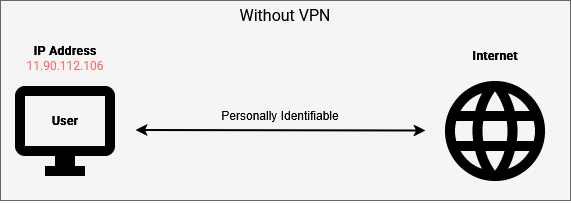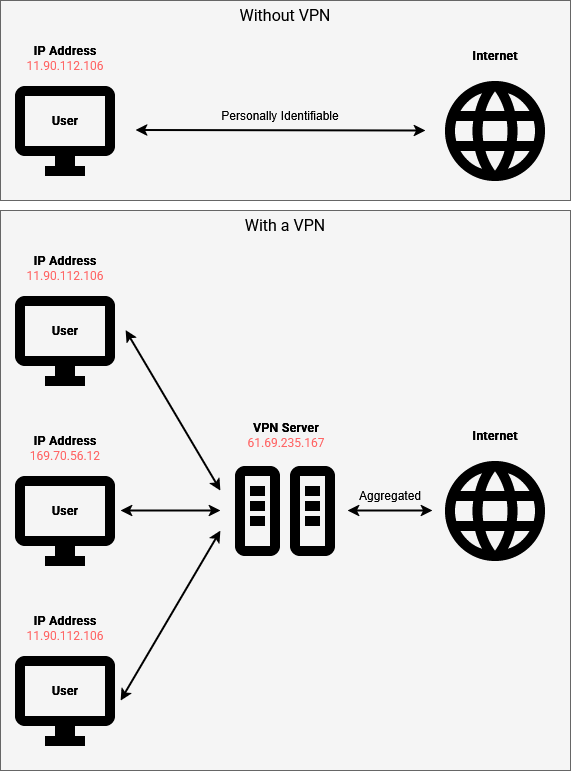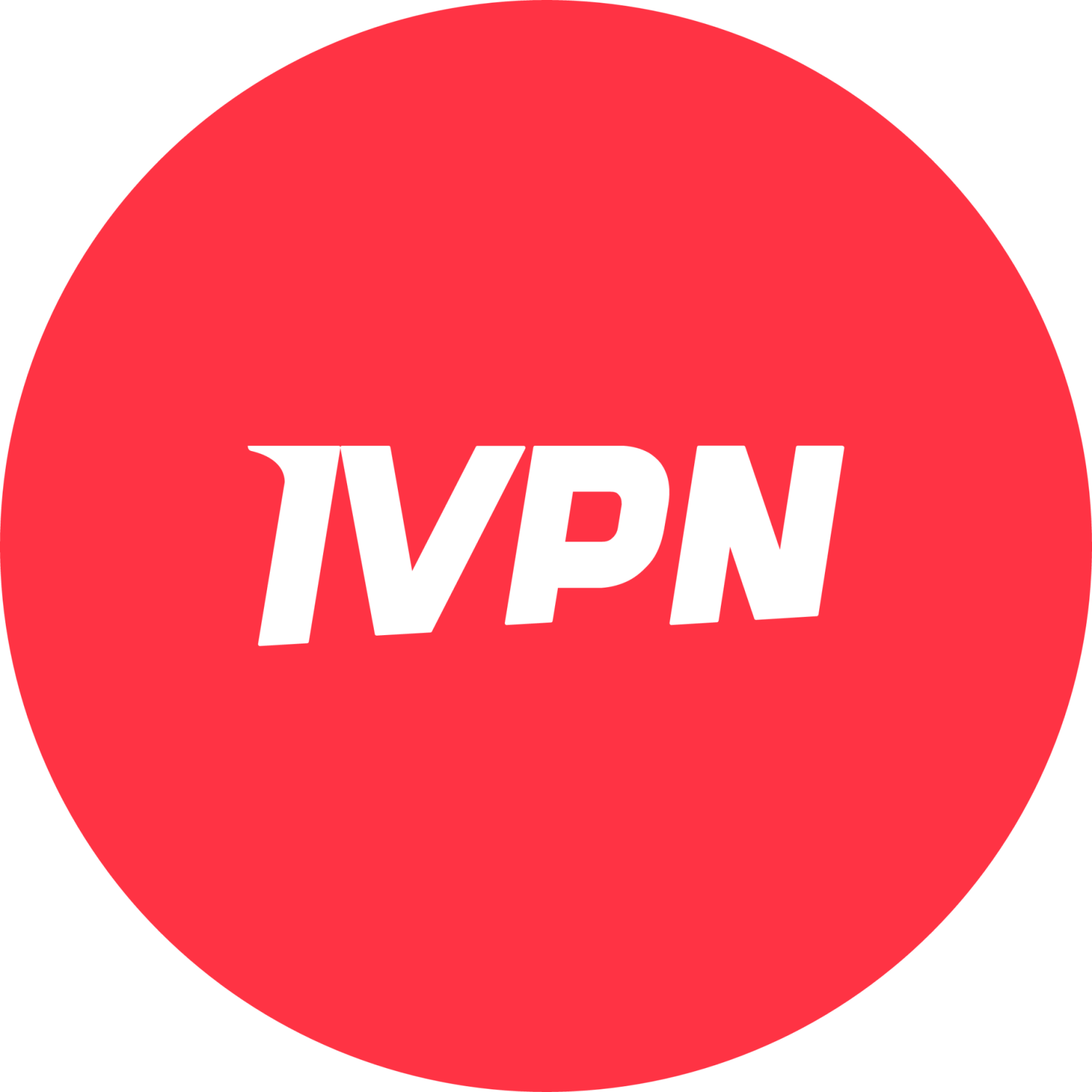VPN Provider
Your Internet Service Provider has the power to see information about the websites and data services you access while using their modem. While they cannot see the data being transmitted, they can see the servers you connect to. This is often used to build user profiles for targeted advertising.

Behind a Virtual Private Network, your ISP can see that you've connected to a remote server but the traffic between is encrypted. Your web data is aggregated with other users to make your traffic less traceable back to you.

If you're looking for additional privacy from your internet service provider – such as downloading files with qBittorrent or obscuring your AdGuard Home lookups – then a VPN service could be an option. Gluetun can connect individual containers to your VPN allowing you to circumvent geo-restrictions by changing your location – such as a MeTube server that can access Swedish internet content.
Learn more about the advantages of using a VPN provider.
Not all VPNs are created equal and they have the same opportunities to snoop on your data just like your ISP. They may store logs and submit them to law enforcement agencies when asked. If they don't follow industry practice, they may have their databases hacked. Some providers have been implicated in data collections for government surveillance purposes.
VPN providers can, however, volunteer for third-party audits to ensure consumer privacy and build community trust. Privacy Guides is a non-profit that educates about personal privacy and independently reviews service providers. They recommend Proton VPN, Mullvad, and IVPN services.



